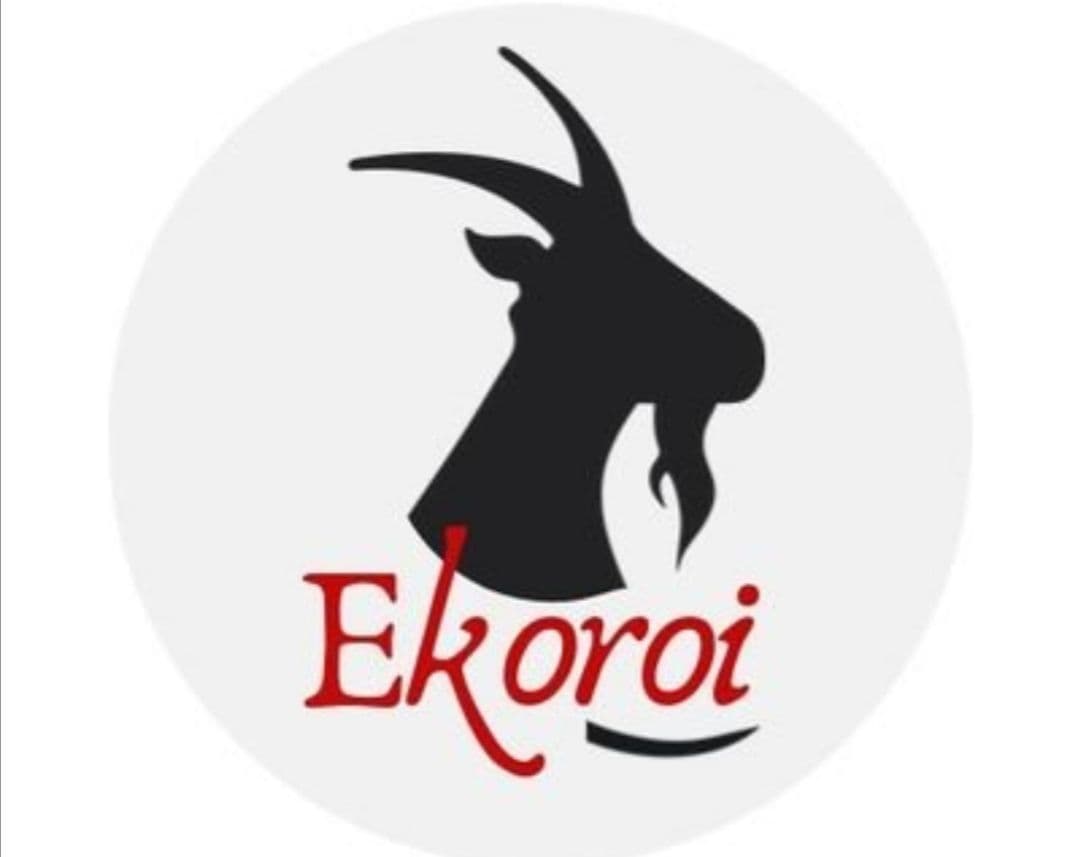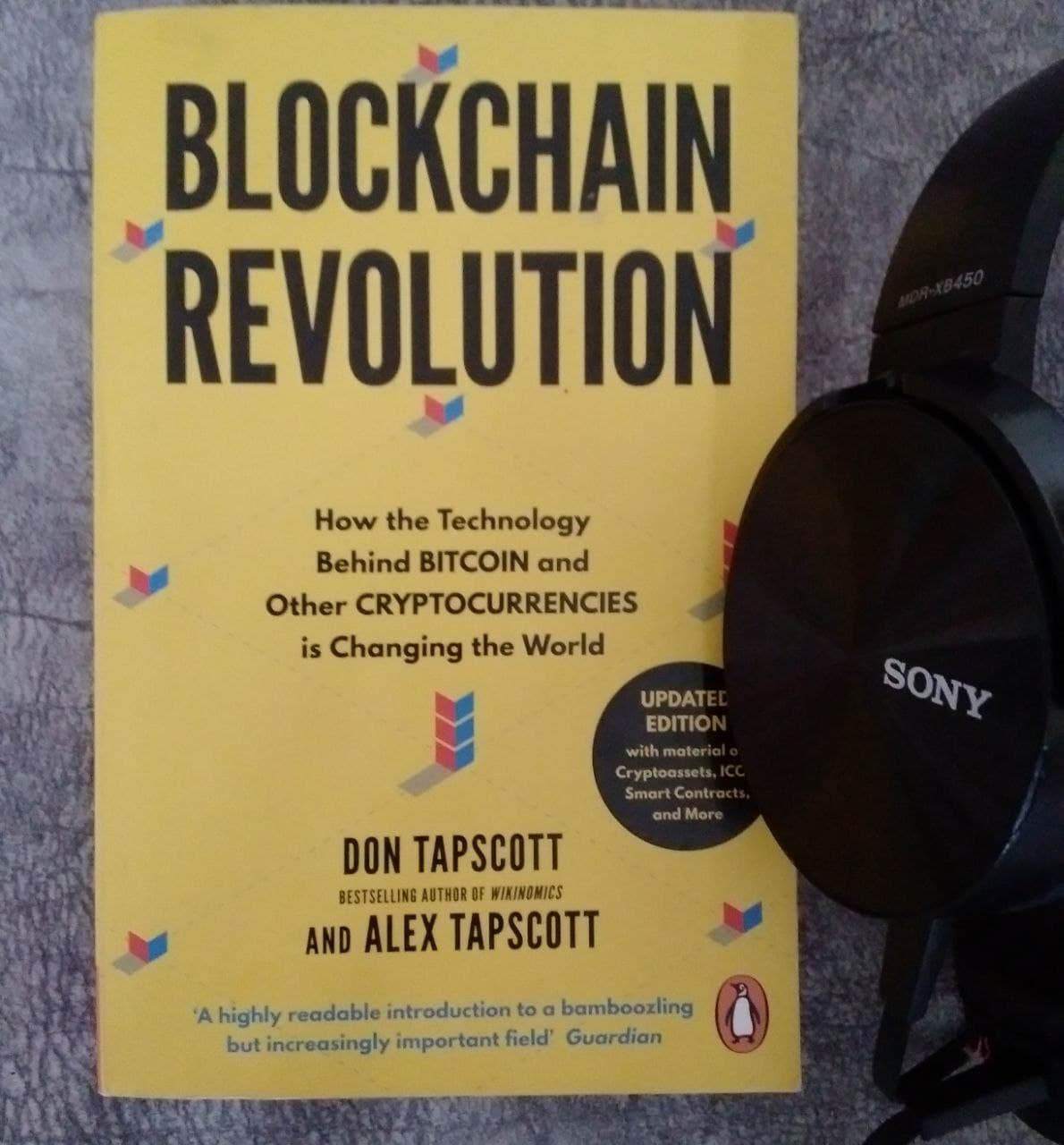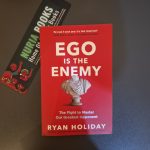At least by now, most of you have heard about Cryptocurrency or rather most of you have heard parts of it in names such as Bitcoin, Dogecoin and Ethereum.
Yes, Blockchain Revolution, is a book that introduces one to the topic, and the authors did a great job at it.
The book covers topics that are interesting about one of the most important technological innovations in the 21st century; Bitcoin, smart contracts, both stemming from blockchain technology, and how these can help make the world a little easy to live in.
The author is very futuristic on a number of issues, he sees Decentralized Autonomous Organizations (DAOs), he sees blockchain managing virtual identities, blockchain managing elections to remove rigging and such vices.
Blockchain is the underlying technology of cryptocurrencies
I was particularly captured by identity on the blockchain, where the author says.
Through a ‘Virtual you’, you could restore control over your own identity courtesy of blockchain technology. You can be able to sell this to corporations as opposed to the current data mining of your information which doesn’t financially benefit you.
In the age of Big Data, Data Analytics and data science, it is well that this data benefits people whom the corporations harvest it from.
Blockchain is a shift from big data to private data.
In this old world, you sign up to Facebook, Gmail and Twitter etc. which steal your data whether you read and say no in the terms and conditions or not. They then use this data to streamline adverts to you, sell it to criminals (remember Cambridge Analytica and elections), or use it to muzzle you.
They do this after taking ALL your data for free.
But imagine a new world where you exist on the blockchain, a virtual you where you can control which data about you to give o whom. Where they cannot take all of it.
Through blockchain technology, individuals will someday ‘deploy and manage their own identity and form trusted connections with others through peer to peer, node to node’.
By simply using web sites, consumers authorize their owners to convert trails of digital crumbs into detailed road maps for private commercial benefit
In the area of identity management, the authors give the example of Estonia, a country that has put everything online, and not just online like Kenya’s Huduma Centres of e-Citizen, but in a secure way that data is decentralized. The decentralization prevents stealing of data the way it is rampant in a single or central server data storage that some organizations and Kenya’s e-Citizen use.
Accounting revolution
Accountants wait for a year to file financial reports, what if this was done in real time? It is possible on the blockchain, in the realm of smart contracts. Tapscott’s explain and I briefly quote.
“Year after year, executives don’t always act with integrity or incentivize employees to act with integrity. Through smart contracts, owners can hold these executives accountable – they must abide by their commitments as enforced and settled by software”.
But how can this be done?
Well, to begin, a Smart Contract is a piece of special-purpose code that executes a complex set of instructions on the blockchain.
“Nothing see works without identity. The blockchain for identity is the core for the internet of things” – Eric Jennings, Filament Cofounder
So, the difference with your normal accounting software or any software for that matter is that, this set of instructions are unchangeable and cannot be cheated once the parameters have been studied and input. Page 47 gives an example of how Smart Contracts work.
“On the blockchain, executives will no longer have to swear that their books are in order once a year; their books will be in order every ten minutes whether executives like or not,” the Tapscotts say
“No Need for auditors” the shout
As you reach near the end of this book, you realize just how much work was put into it. Bitcoin’s creator Satoshi Nakamoto had set the ball rolling in 2009. The Tapscotts first published this book in 2016, 7 years later packed with so much futuristic outlook.
They’ve covered or rather suggested how blockchain can be deployed in virtually every sector in the world. Even how it can be used to end spamming and bullying.
But there’s also that debate of governance versus regulation where the authors prefer governance.
“Regulations is about laws designed to control behavior. Governance is about stewardship, collaboration and incentives to act on common interests,” the authors say.
There are some dangers too.
Dangers such as nation-states trying to get a hold of the hashrate, in the case of Bitcoin to manipulate the system or even use Blockchain’s transparency to reign in opponents.
Get this book and read.
This is the best book that introduces one to the topic, although some of the things have passed and some prophecies passed unfulfilled, it still remains one of the pioneering books. Not only in terms of futuristic views on blockchain in general but most of the nouns, words and phrases we now use were first penned by the Tapscotts.
Buy this book from Nuria Store




